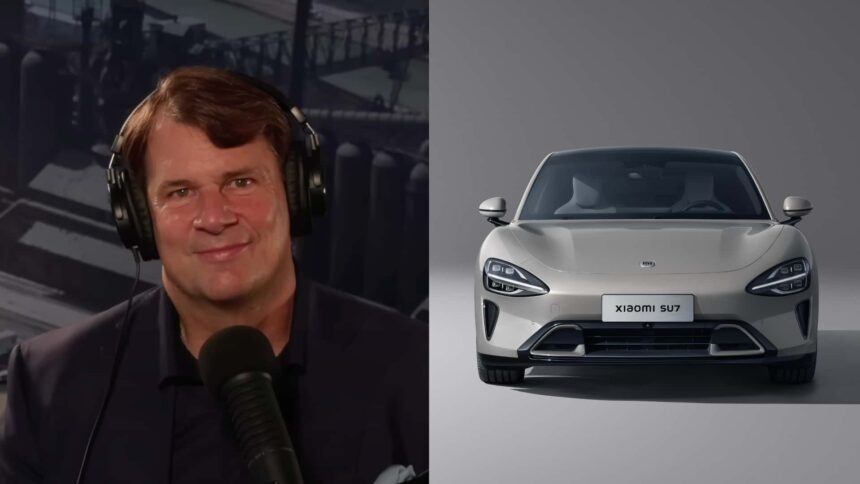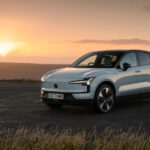Ford CEO Jim Farley recently made a surprising revelation in an interview with the Everything Electric Show on YouTube. He confessed to driving a Chinese-made Xiaomi SU7 for the past six months and expressed his reluctance to give it up. This statement is a clear indication of how American carmakers are lagging behind in the electric car market.
Farley’s interest in the Xiaomi SU7 was piqued during a trip to China, where he discovered that the two biggest cell phone companies, Huawei and Xiaomi, were deeply involved in the country’s automotive industry. Xiaomi, known for its smartphones and e-scooters, launched its first passenger car, the SU7, in late 2023. The car was a massive success, selling out its entire 2024 production run within 24 hours and accumulating a six-month waiting list.
The Ford CEO’s admiration for Xiaomi’s products underscores the technological advancements that Chinese automakers have achieved. Western automakers, on the other hand, are struggling to keep pace with their Chinese counterparts in areas such as price, battery technology, software integration, charging infrastructure, and range.
However, due to hefty tariffs imposed on Chinese auto imports, American consumers are unable to benefit from these innovations. The fear is that if these tariffs were lifted, Chinese automakers could quickly dominate the market with superior products at lower prices, posing a significant threat to Western carmakers.
Farley’s endorsement of the Xiaomi SU7 reinforces his previous assertion that Chinese manufacturers represent an “existential threat” to Western automakers. This revelation serves as a wake-up call for American carmakers to accelerate their efforts in developing electric vehicles and closing the technological gap with their Chinese counterparts.
In conclusion, Farley’s preference for the Xiaomi SU7 highlights the urgent need for Western carmakers to enhance their electric vehicle offerings and stay competitive in the rapidly evolving automotive industry. The future of the electric car market will be shaped by innovative technologies and consumer preferences, and it is crucial for American manufacturers to adapt and thrive in this new era of mobility.







